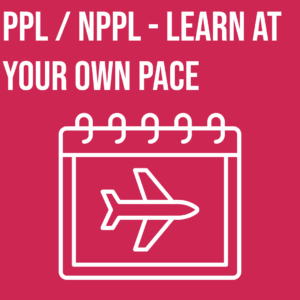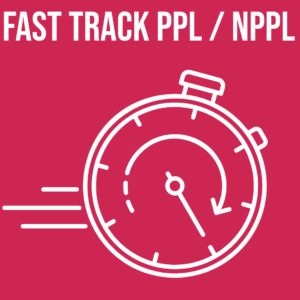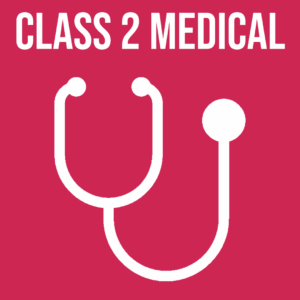Private Pilot Licence – PPL (A)
Showing all 4 results
The Private Pilot Licence for light aeroplanes or PPL (A) allows holders to fly anywhere in Europe with family and friends. It is also the pre-requisite for gaining a Commercial Pilot Licence (CPL).
We offer training for PPL (A) and Light Aircraft Pilot LAPL (A) licenses. Including in-house ground school open to non-members for the theoretical exams. See our events and training options below. Also find lots more information on PPL licenses.
PPL (A) Privileges
- To act as pilot in command on ANY single engine piston aircraft for non-commercial operations (subject to differences training).
- Fly passengers (Subject to currency requirements).
- Able to fly anywhere in Europe and outside of Europe (State Dependant).
- Ability to gain additional ratings such as Instrument, Aerobatics, Multi Engine, Instructor.
PPL (A) Pre-Requisites
- The minimum age to hold a licence is 17, students can fly solo at 16 and can log hours from 14.
- Class Two medical certificate, this requires a good level of health and the examination must be carried out by a specialist Aeromedical Examiner. This certificate must be renewed at regular intervals dependant on age.
- Be able and willing to commit to a certain amount of self study at home in addition to flying lessons and ground school.
Training For Your Private Pilot Licence
The flying training will be done with a qualified instructor and is usually done on the same type of aircraft for consistency. The applicant must have a minimum of 45 hours to apply for a licence. These hours are to be made up as follows:
- 25 Hours of dual instruction.
- 10 Hours of solo flight which is supervised from the ground by and instructor inc 5 hour cross country.
- 5 Hours of solo cross-country time which must include a qualifying cross country trip of 150NM (270km) with stops at two separate aerodromes.
- The remaining 5 hours are made up of additional revision as required.
These hours are an absolute minimum. As we all learn at different paces some people may need more time in order to obtain the standard required for skills test.
PPL Theoretical Knowledge
There are 9 theoretical exams which must be passed in order to start practical lessons and ultimately apply for your PPL. These are multiple choice and not as bad as they sound! We can help you prepare with our theoretical exam courses and one to one training.
PPL Medical Requirements
Before you can fly solo and apply for your PPL licence you will need to pass the appropriate medical requirements. Follow this link for more information.
PPL Skills Test
Once you have obtained at least 45 hours and your instructor feels that you have reached the required standard you will be recommended for a skills test. All theory exams must have been passed in order to take this and you must have a current medical. The test usually consists of around two hours with an examiner (Almat have their own examiners!) You will be asked to demonstrate what you have learnt and how you will react if something goes wrong. You will have practised all this with your instructor therefore the test should be simply a formality.
Converting a PPL to a LAPL
So how does a PPL holder convert to a LAPL? This is simply a paper exercise, the relevant form need be completed (SRG1190) and the relevant fee paid and that’s it! The CAA will issue a LAPL in place of the old PPL and the holder is then able to fly on this licence using a LAPL medical.
PPL – Frequently Asked Questions
How much does a PPL cost?
This is dependant on a number of factors such as what type of aircraft you fly and how often you can commit to flying. Generally the more frequently you fly the less hours it will take you to pass which will of course work out cheaper. A good figure would be approximately £11500 to £16000 ball park for the entire course.
This is by no means a definitive cost, 45 hours is the legal minimum required to gain a private pilot licence. Many people take longer to reach the required standard. In addition there is also equipment that must be purchased in order to complete the training. Please keep both of these factors in mind when budgeting.
How often should I fly?
The simple answer to this is as often as possible! The more often you fly the more consistent your training will be. Instructors find that students who fly infrequently will spend much of their lesson revising skills that have learnt previously. This will obviously take a lot longer and flying is an expensive activity. Therefore we recommend you come as often as you can afford.



